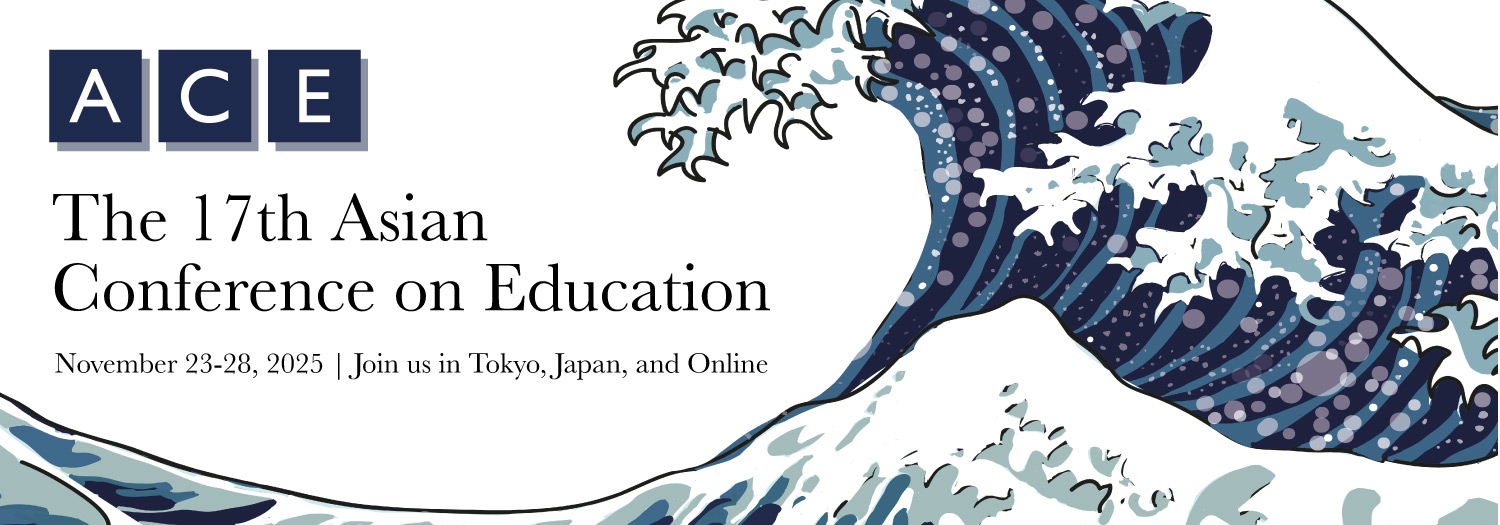Exploring Self-Determination Motivation and Creativity Among Elementary School Students in Knowledge-Building Environments: A Case Study of the SDG4 Curriculum (88032)
Session: On Demand
Room: Virtual Video Presentation
Presentation Type: Virtual Presentation
The goal of education is not limited to imparting fixed knowledge. Especially when facing the challenges of SDGs, education should focus on fostering students' creativity and problem-solving skills. However, the lack of autonomous learning environments leads to decreased student motivation. This study designs a curriculum centered around SDG 4 and incorporates a Knowledge-Building environment, aiming to enhance students' self-determination motivation and foster creativity. This study employs a mixed-methods approach with 26 third-grade elementary students as participants. The students are required to explore current educational issues and design a classroom model over a 12-week period. The results revealed that (1) The amount of Knowledge-Building activities significantly increased in the later stages, with students actively reading and integrating ideas from the community to generate new ideas. (2) Students' self-determination motivation significantly increased, encompassing autonomy, competence, and relatedness. Relatedness was particularly prominent in environments of knowledge sharing and community collaboration. (3) In terms of creativity, fluency and flexibility decreased, while originality and elaboration significantly improved in the later stages. Students converge community ideas to enhance the quality of ideas. (4) In the affective dimension of creativity, curiosity stabilized, while imagination, risk-taking, and challenge significantly increased in the later stages. Students collaboratively brainstorm, experiment, and solve problems. (5) The classroom model designs by the groups included plans for ecological zones, learning areas, and considerations such as volume, safety, and lighting. They emphasized gender equality and anti-bullying signage, showcasing their creativity. Based on these findings, recommendations are made for applying Knowledge-Building environments in SDGs education.
Authors:
Fang Cheng Yeh, National Taichung University, Taiwan
Li Ting Tseng, National Tsing Hua University, Taiwan
About the Presenter(s)
My name is Yeh Fang Cheng.I am currently a first-year master's student in the Department of Education.
See this presentation on the full schedule – On Demand Schedule





Comments
Powered by WP LinkPress